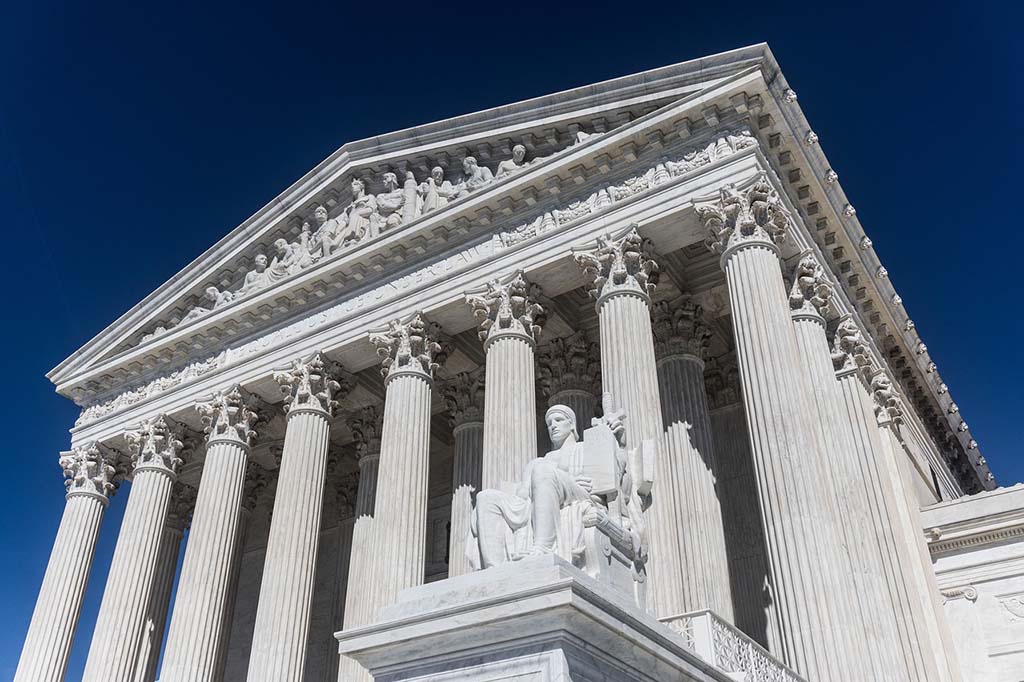Supreme Court Poised to Tackle Online Content Moderation
Section 230 decision could have major speech implications

The smarter way to stay on top of the multichannel video marketplace. Sign up below.
You are now subscribed
Your newsletter sign-up was successful
Everybody’s always talking about Section 230 in Washington but nobody does anything about it. The Supreme Court could change all that.
The high court on Tuesday (February 21) is scheduled to hear oral arguments in the case (cases, actually) of Gonzalez v. Google. They will be the first arguments of the first day of the new court session, with 70 minutes set aside for the proceedings.
Section 230 of the Communications Act gives online platforms immunity from civil suits against most of the third-party content they host, including their decisions on what content to post and how. Online platforms have taken flak from both the right and left for how they do or don't handle that content.
Both Democrats — including President Joe Biden — and Republicans have targeted the section for change or elimination and there has been legislation to that effect. There has also been much talk from the bully pulpits of Capitol Hill hearings on issues such as privacy, hate speech and more that have drawn much criticism of the protection, but so far no action.
The Supreme Court has now agreed to tackle the section over the issue of abetting terrorist speech.
Twitter, along with Google and Facebook, appealed a decision by the 9th U.S. Circuit Court of Appeals that combined the Twitter vs. Taamneh and Google vs. Gonzalez cases int a single decision. That ruling held that in Gonzalez the plaintiffs were barred by Section 230 immunity, but in the Taamneh case it held that, irrespective of Section 230, Twitter — as well as Google and Facebook — could be held liable for aiding and abetting terrorism because they “provided generic, widely available services to billions of users who allegedly included some supporters of ISIS,” as Twitter put it.
The Gonzalez case involved the posting of ISIS recruitment videos.
While the terrorism content is on the extreme end of the debate over content moderation, how the high court decides these cases could bear directly on laws being considered or passed that limit how social media companies can manage content. Those measures are backed by Republicans who have argued that social media platforms censor conservative speech under the misapplied umbrella of weeding out hateful or dangerous speech. ▪️
The smarter way to stay on top of the multichannel video marketplace. Sign up below.
Contributing editor John Eggerton has been an editor and/or writer on media regulation, legislation and policy for over four decades, including covering the FCC, FTC, Congress, the major media trade associations, and the federal courts. In addition to Multichannel News and Broadcasting + Cable, his work has appeared in Radio World, TV Technology, TV Fax, This Week in Consumer Electronics, Variety and the Encyclopedia Britannica.

